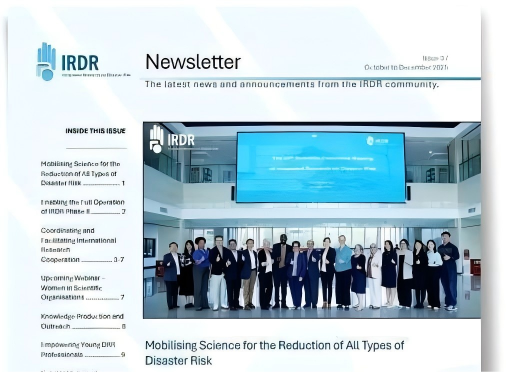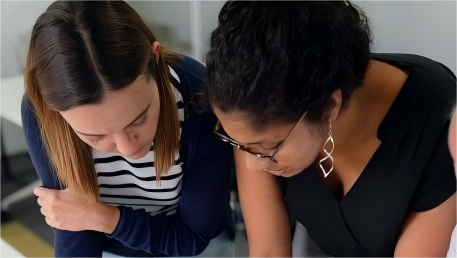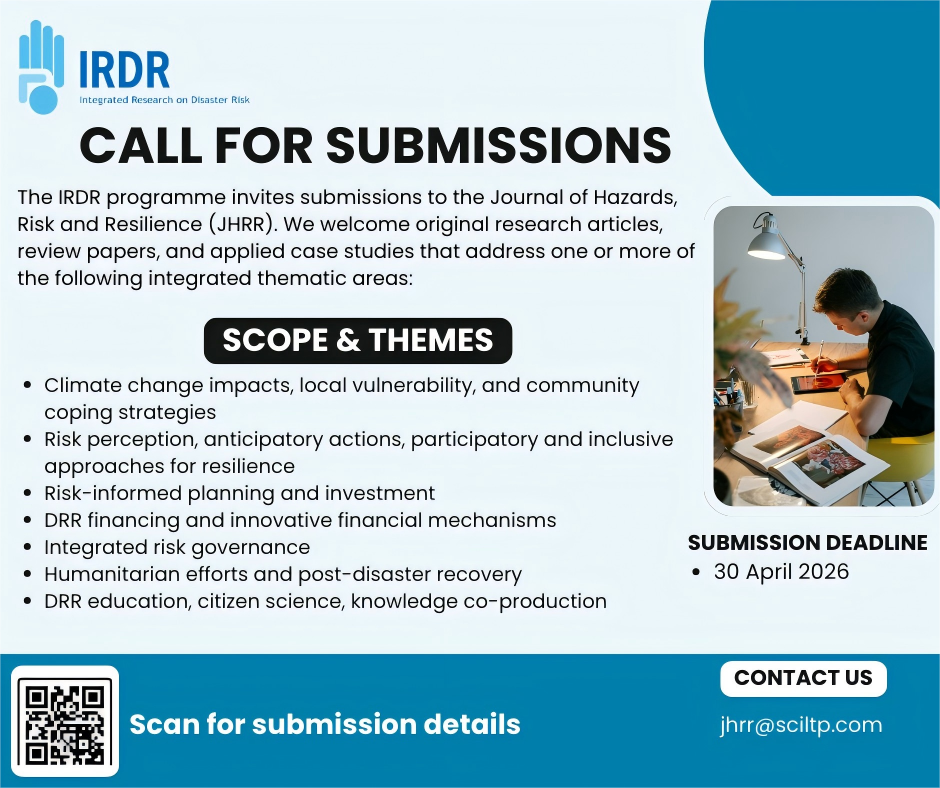After feedback from a CODATA sponsored workshop convened during the 2014 ICSU General Assembly, ICSU published a new report with recommendations on Open Access to scientific data and information such as related data and software. It sees Open Access as a powerful mechanism for creating and validating knowledge, and for supporting the development of science as a public good rather than as an activity conducted behind closed doors. It is consistent with the Principle of Universality of Science (Statute 5 of the International Council for Science), which requires “freedom … of communication for scientists, as well as equitable access to data, information and other resources for research”. The Universal Declaration of Human Rights also includes as a fundamental principle the right to share in scientific advancement and its benefits.
Much of the discussion to date on open access has focussed on the economics of traditional science journal publishing, but we are rapidly moving into a new era in which there will be many dissemination mechanisms for the outputs of scientific research, and universal access to these outputs is achievable. The transition to this new era presents both challenges and opportunities.
Increasingly, those involved in the administration of research rely on metrics designed to assess the importance and impact of research as an aid to evaluation, with publication outputs in traditional scientific journals being the major focus. These metrics in turn affect the behaviour of researchers, such as their choice of journals, as they seek to maximize their performance as measured by the metrics used. They can contribute to the maintenance of high journal prices, promote intense competition rather than openness and sharing, and fail to recognize research contributions such as the production of datasets, software, code, blogs, wikis and forums.
The International Council for Science advocates the following goals for open access. The scientific record should be:
- free of financial barriers for any researcher to contribute to;
- free of financial barriers for any user to access immediately on publication;
- made available without restriction on reuse for any purpose, subject to proper attribution;
- quality-assured and published in a timely manner; and
- archived and made available in perpetuity.
These goals apply both to peer-reviewed research publications, the data on which the results and conclusions of this research are based, and any software or code used in the course of the research.
Metrics used as an aid to the evaluation of research and researchers should help promote open access and open science, and the scientific community should be fully involved in their design.
Source: ICSU news






